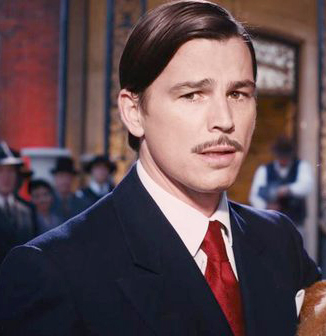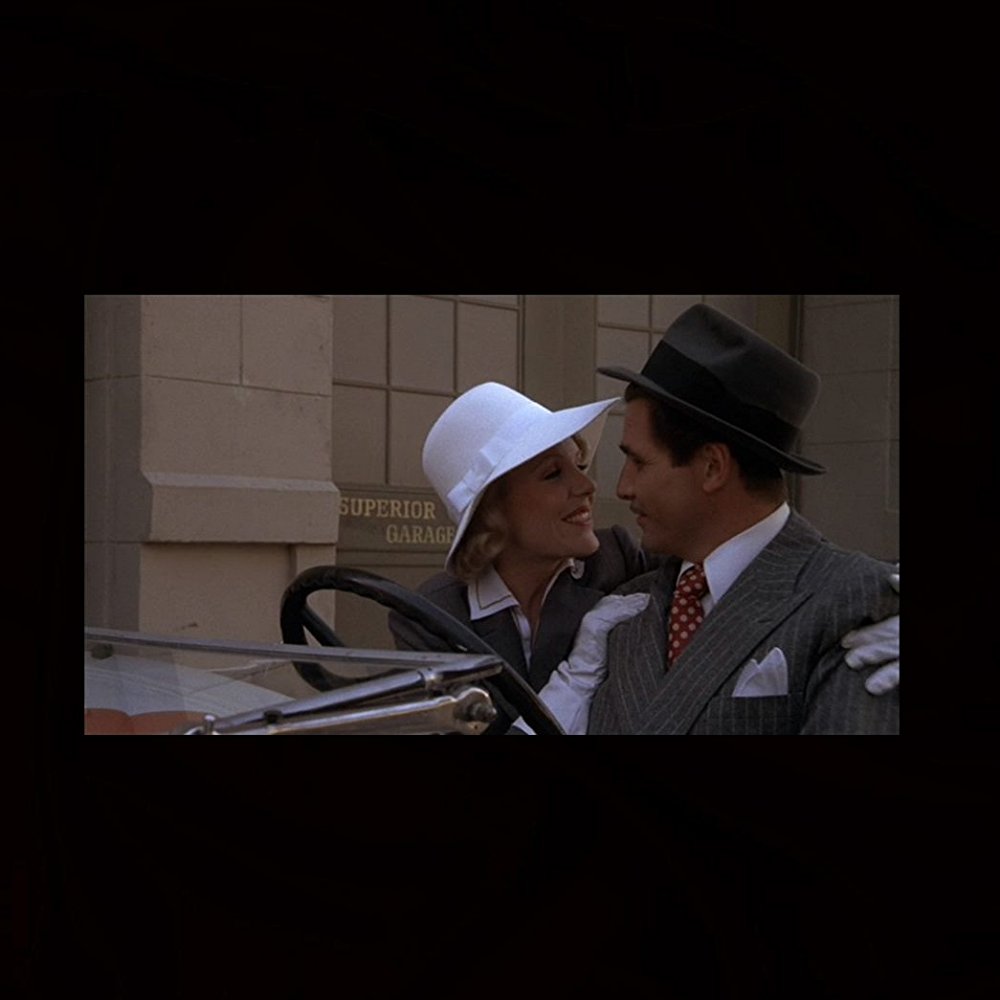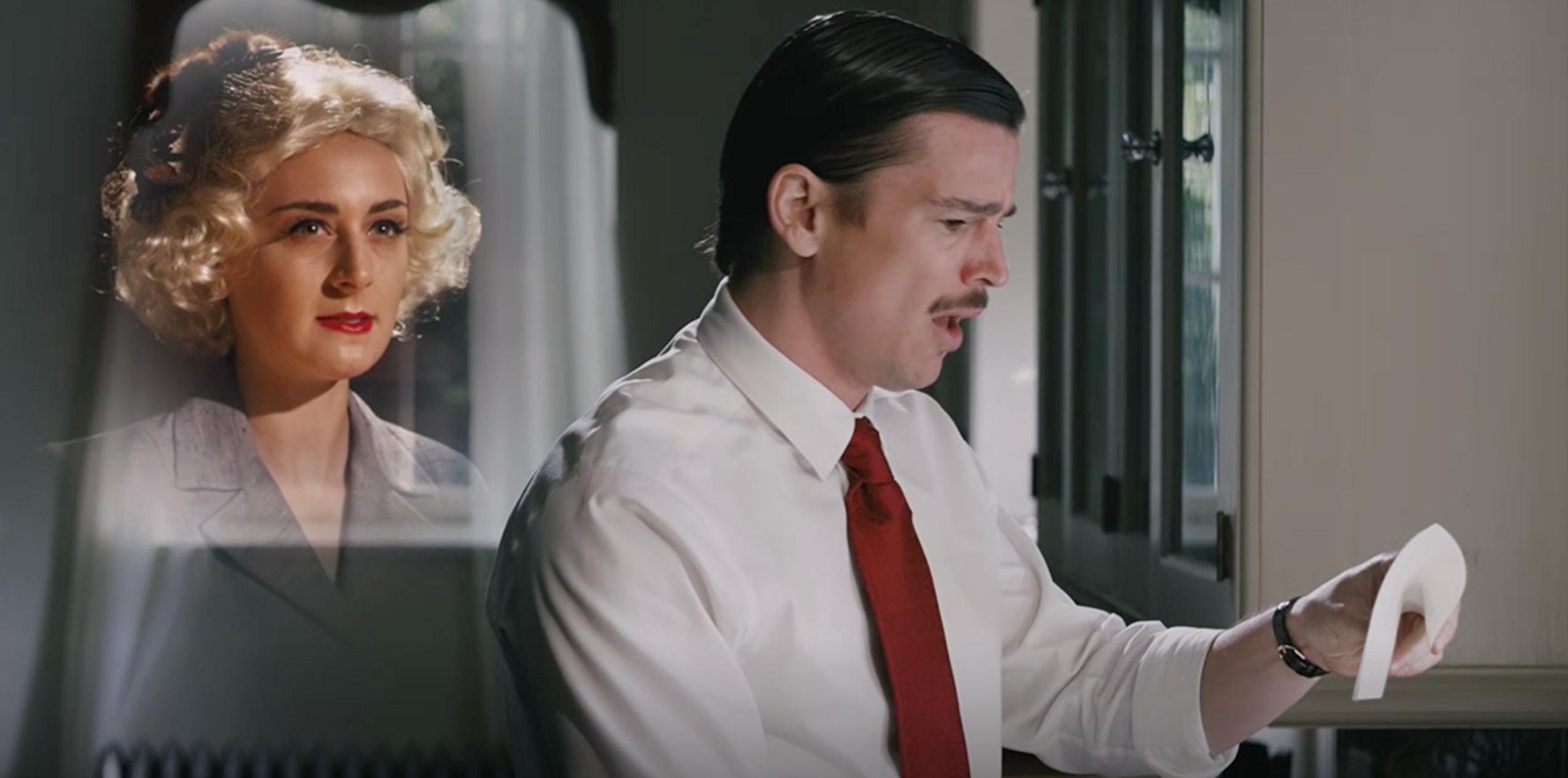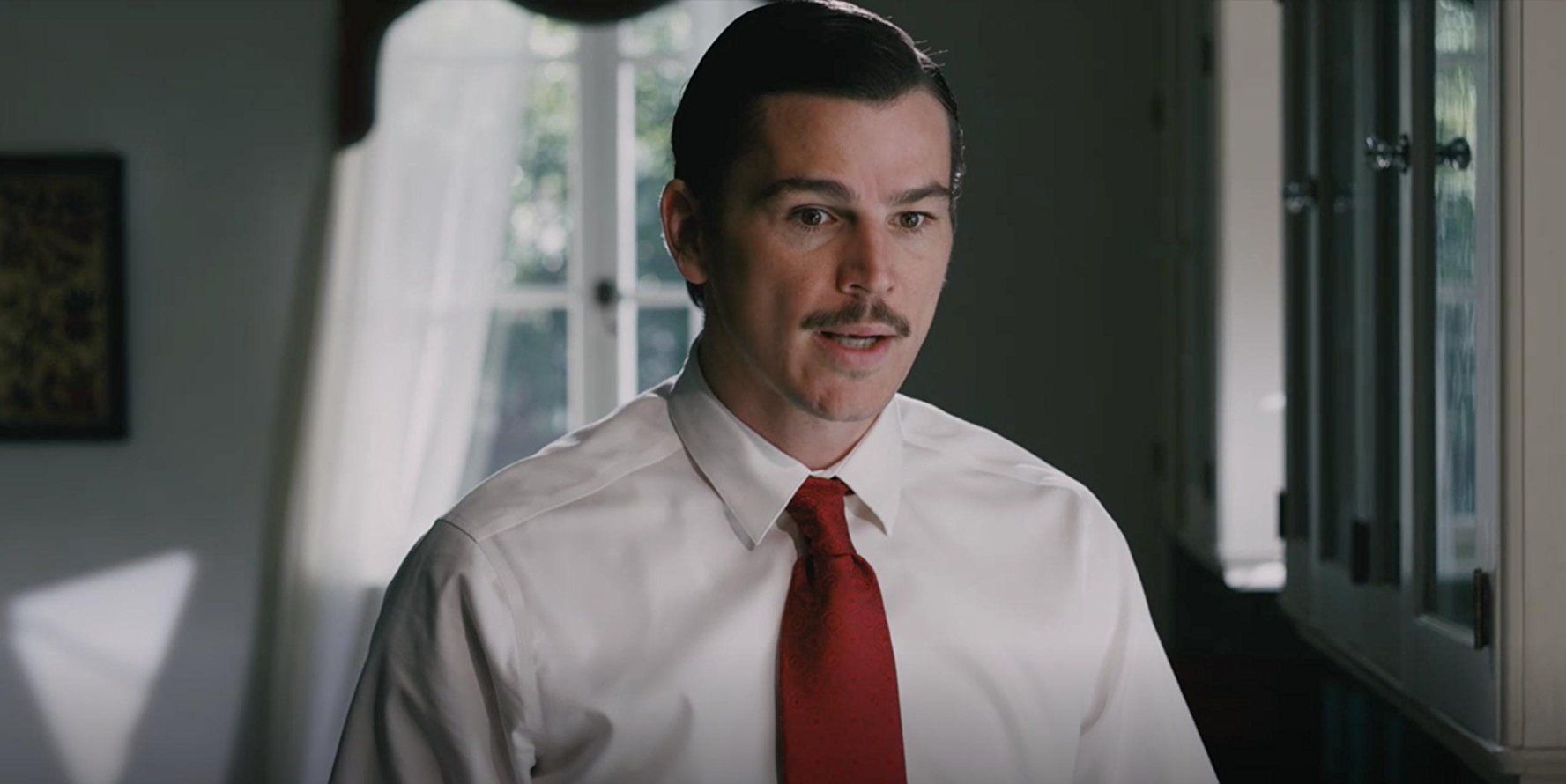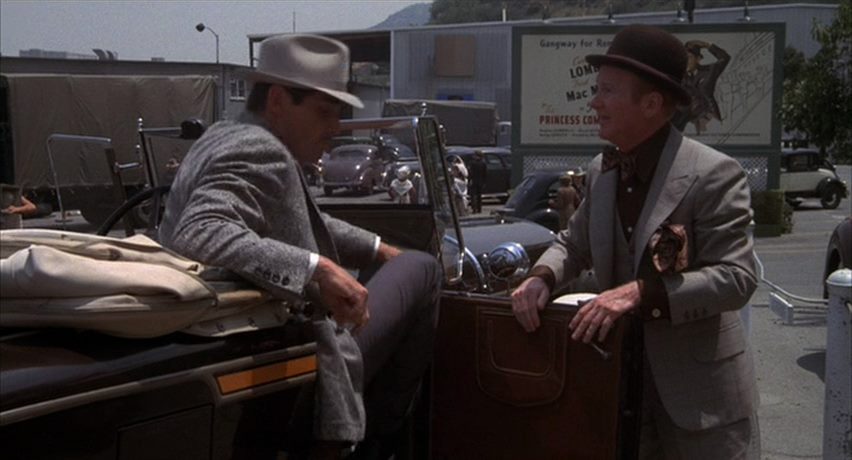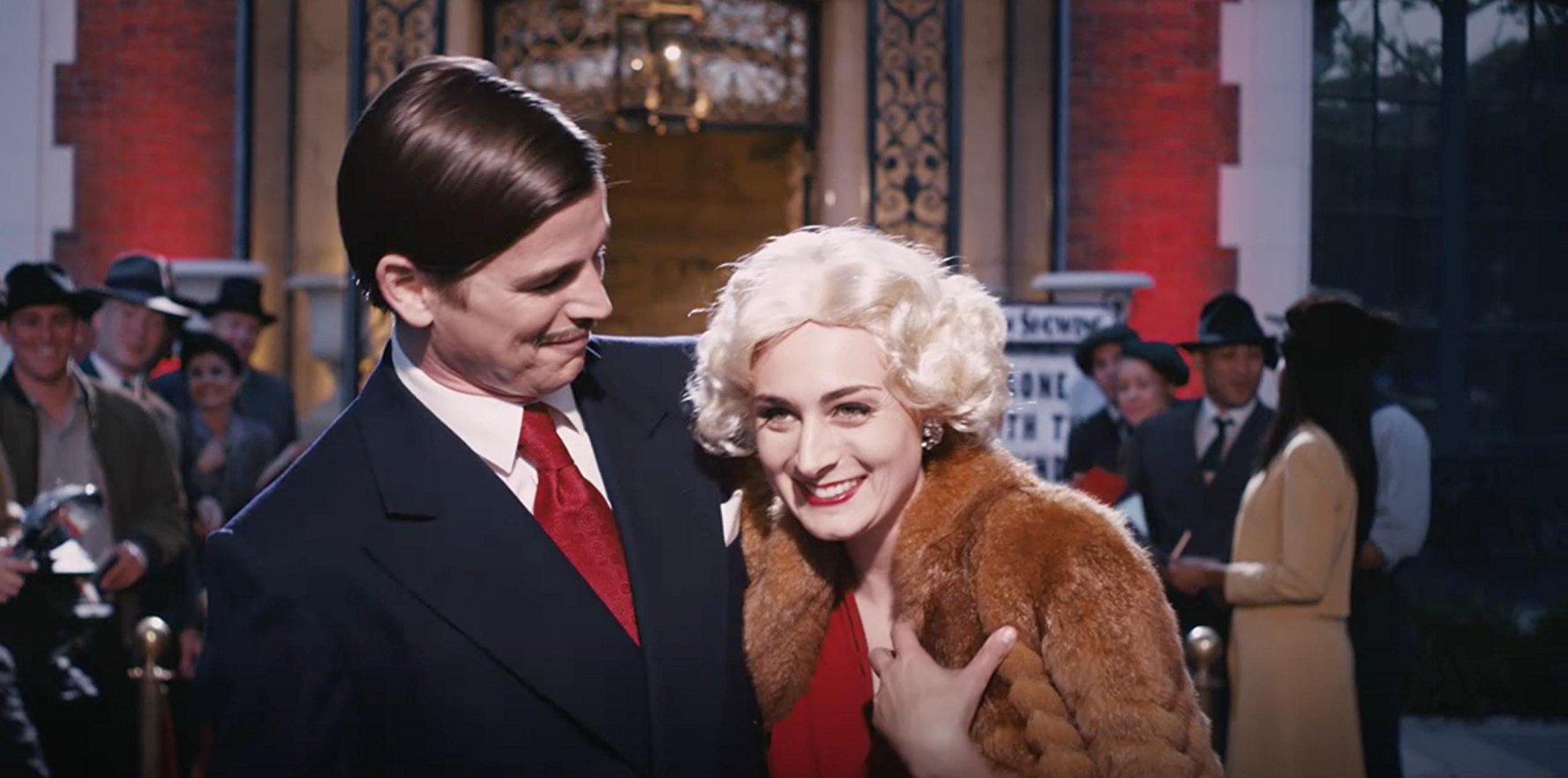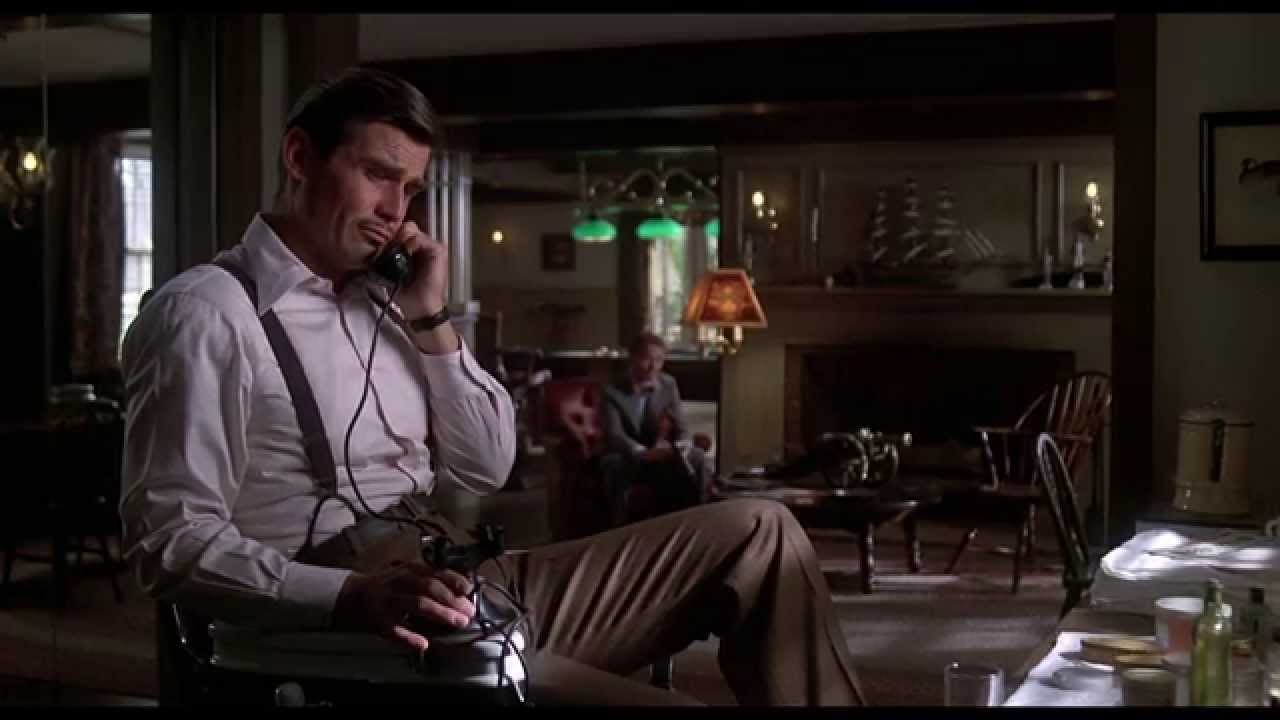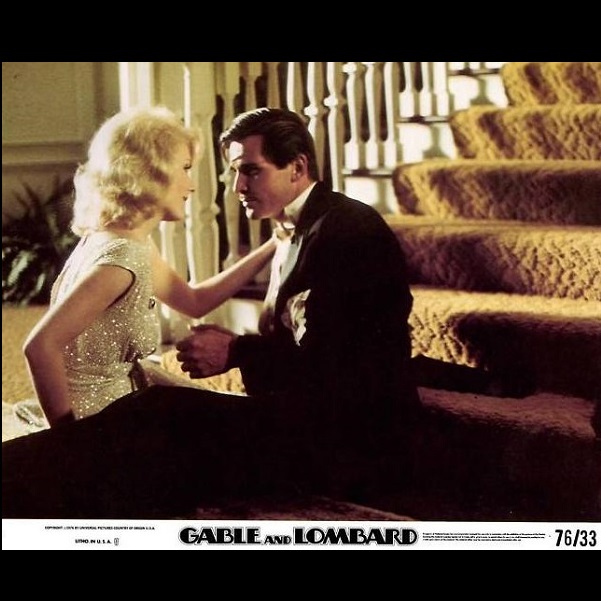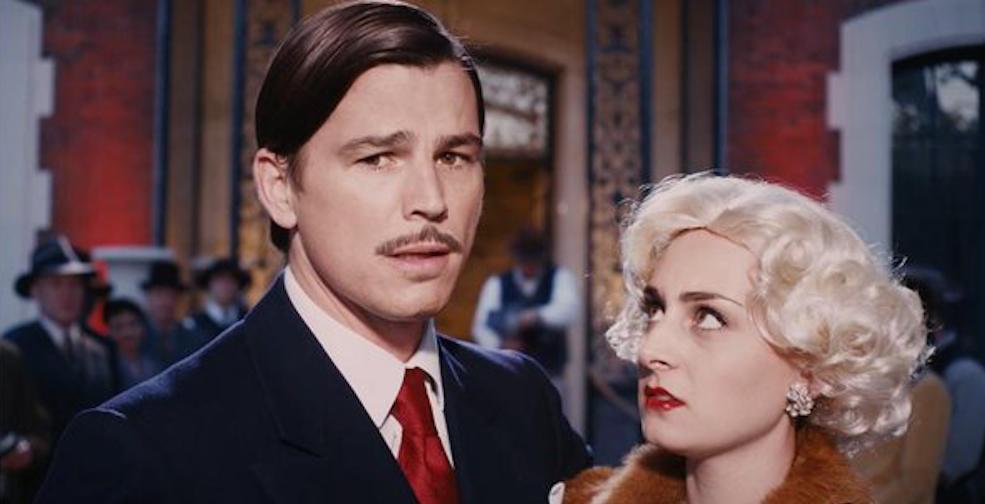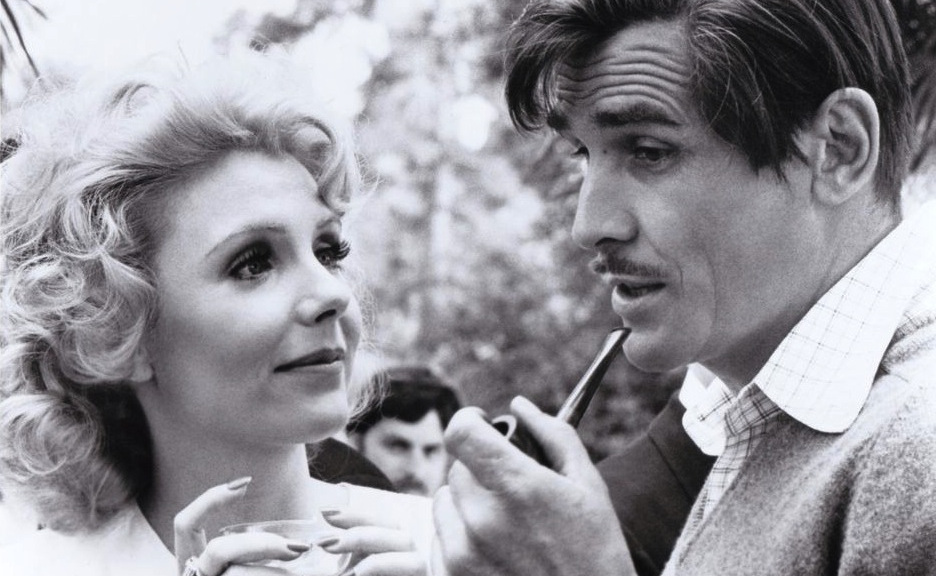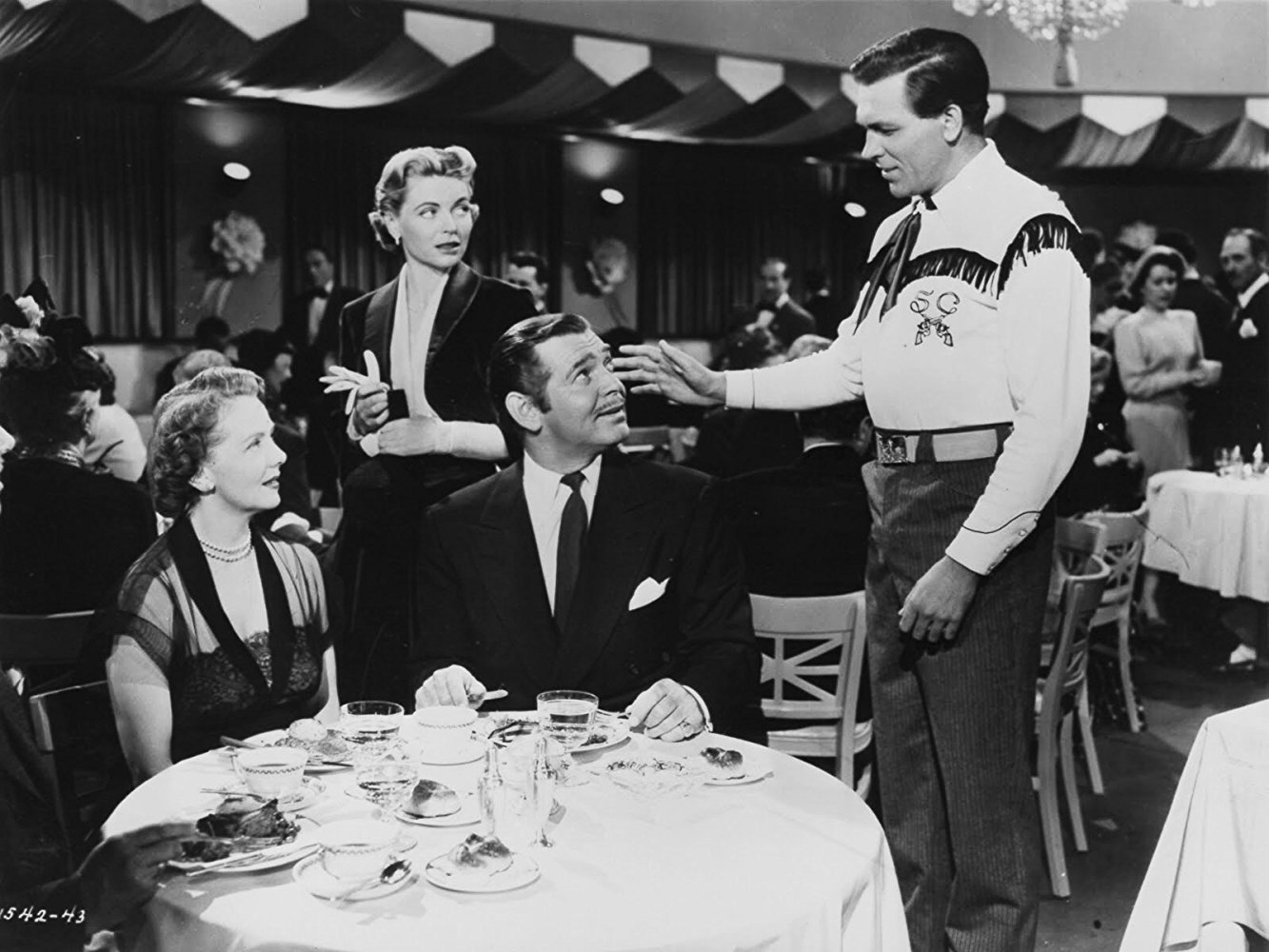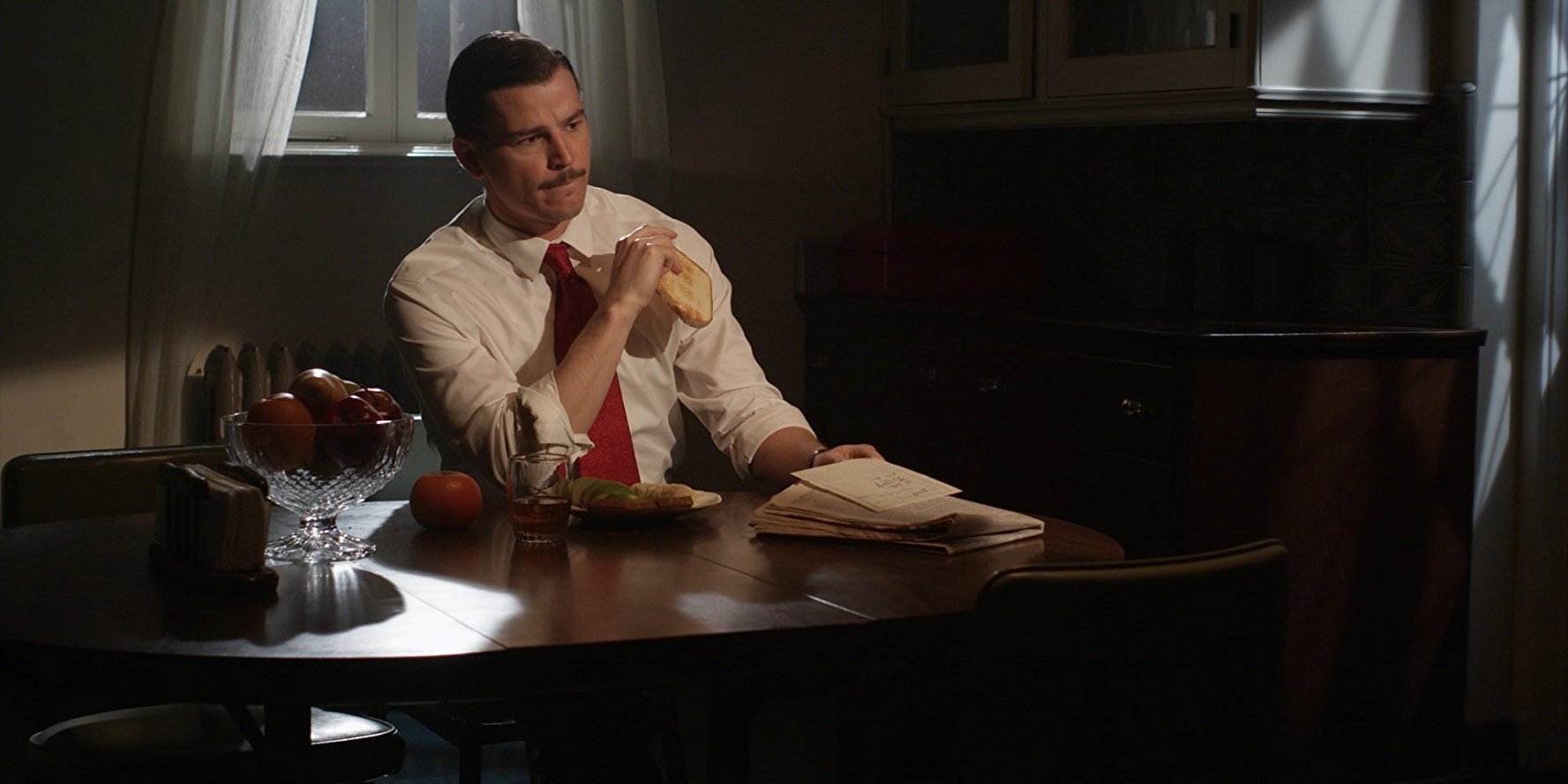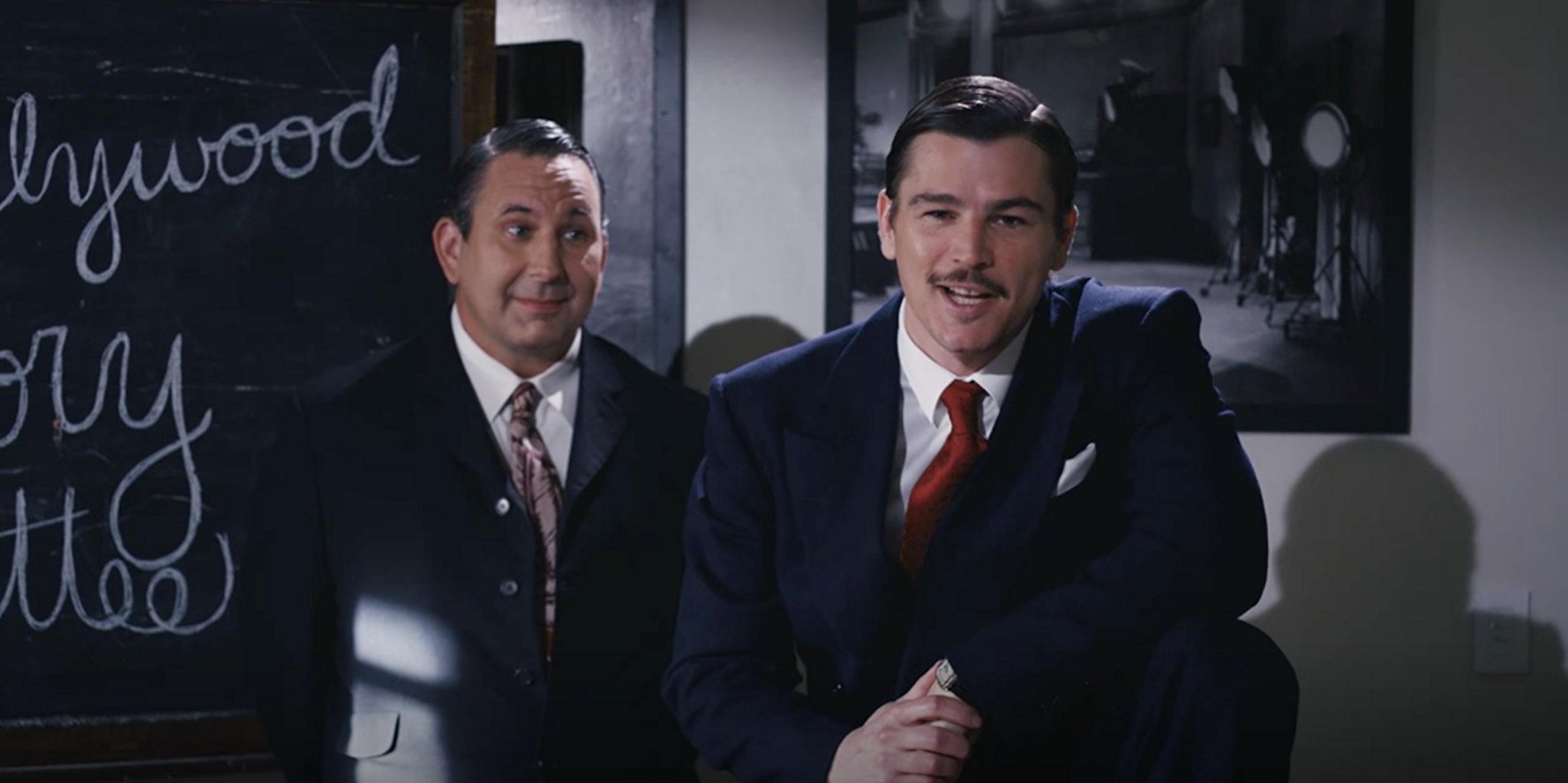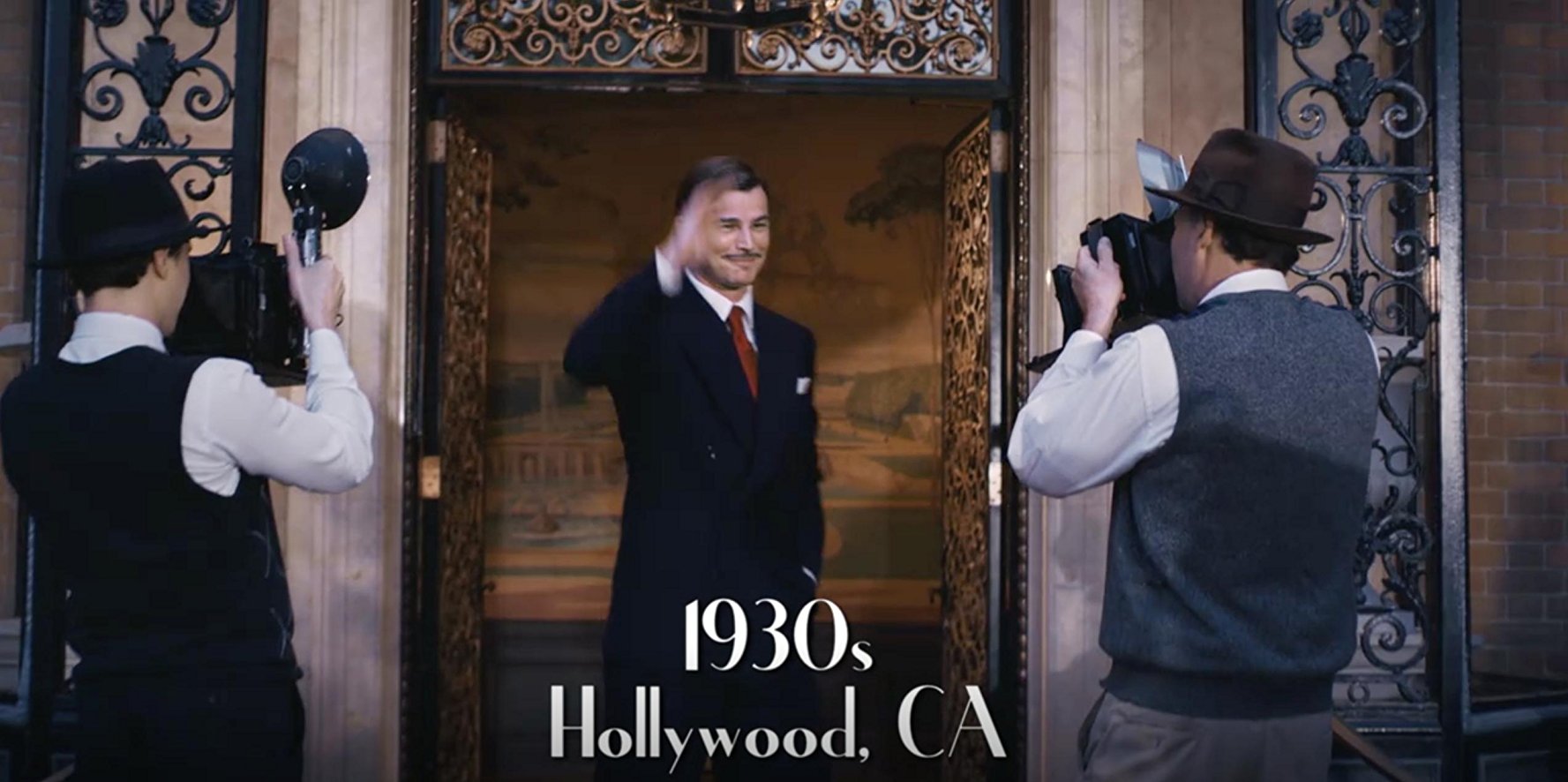Clark Gable (February 1, 1901 November 16, 1960) was an American film actor, often referred to as The King of Hollywood or just simply as The King . Gable began his career as a stage actor and appeared as an extra in silent films between 1924 and 1926, and progressed to supporting roles with a few films for MGM in 1931. The next year he landed his ...
Show more »
Clark Gable (February 1, 1901 November 16, 1960) was an American film actor, often referred to as The King of Hollywood or just simply as The King . Gable began his career as a stage actor and appeared as an extra in silent films between 1924 and 1926, and progressed to supporting roles with a few films for MGM in 1931. The next year he landed his first leading Hollywood role and became a leading man in more than 60 motion pictures over the next three decades.Gable won an Academy Award for Best Actor for It Happened One Night (1934), and was nominated for leading roles in Mutiny on the Bounty (1935) and for his arguably best-known role as Rhett Butler in the epic Gone with the Wind (1939).Gable also found success commercially and critically with films like Red Dust (1932), Manhattan Melodrama (1934), San Francisco (1936), Saratoga (1937) Boom Town (1940), The Hucksters (1947) Homecoming (1948) and The Misfits (1961) which was his final screen appearance.Gable appeared opposite some of the most popular actresses of the time: Joan Crawford, who was his favorite actress to work with, was partnered with Gable in eight films; Myrna Loy worked with him seven times, and he was paired with Jean Harlow in six productions. He also starred with Lana Turner in four features, and with Norma Shearer and Ava Gardner in three each. Gable's final film, The Misfits (1961), united him with Marilyn Monroe (also in her last screen appearance). Gable is considered one of the most consistent box-office performers in history, appearing on Quigley Publishing's annual Top Ten Money Making Stars Poll sixteen times. He was named the seventh greatest male star of classic American Cinema by the American Film Institute.
Show less «

